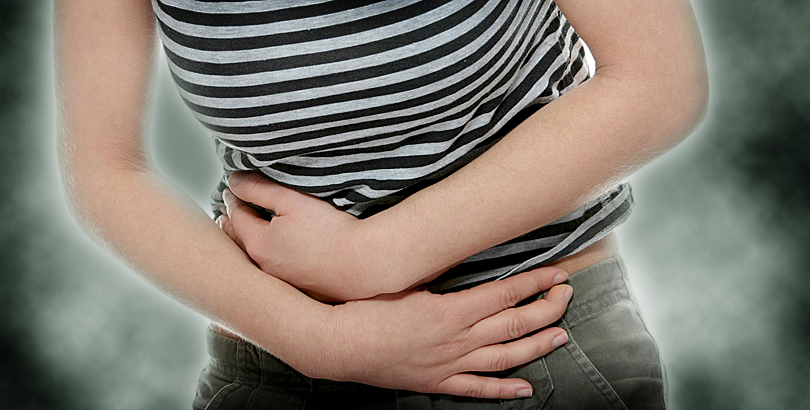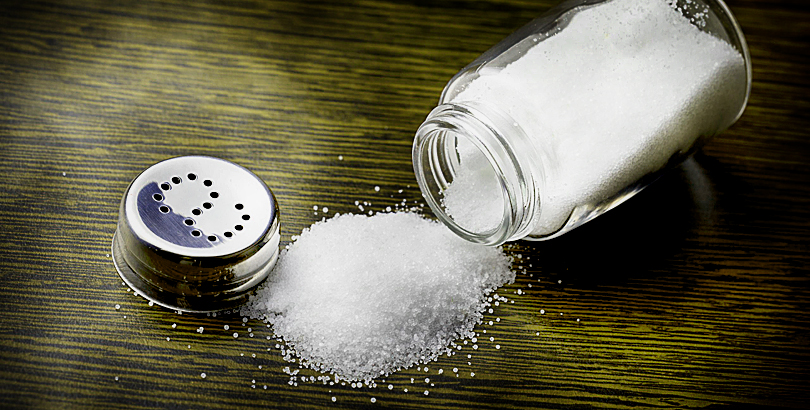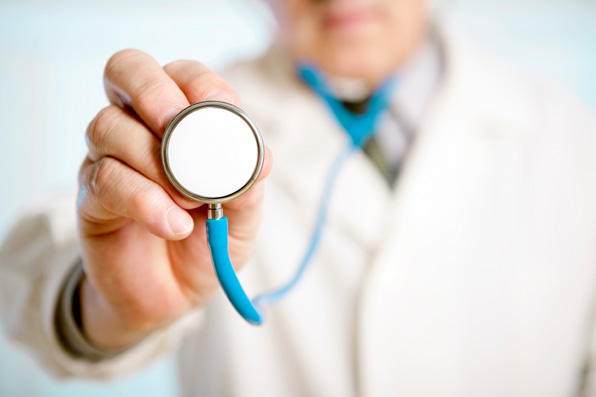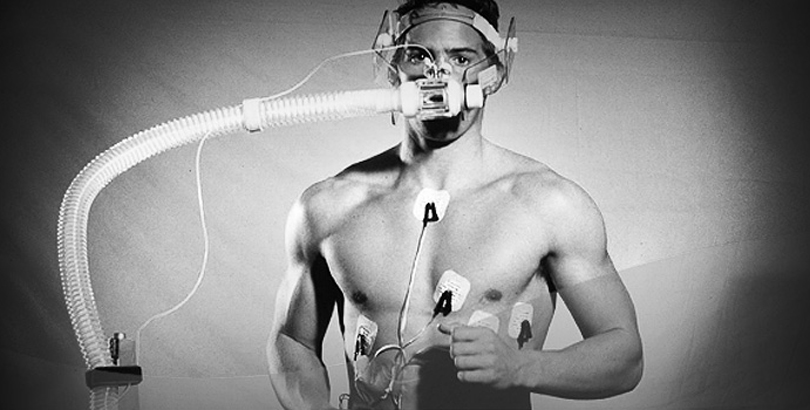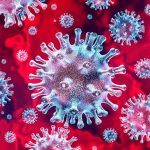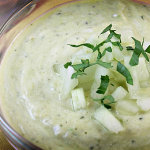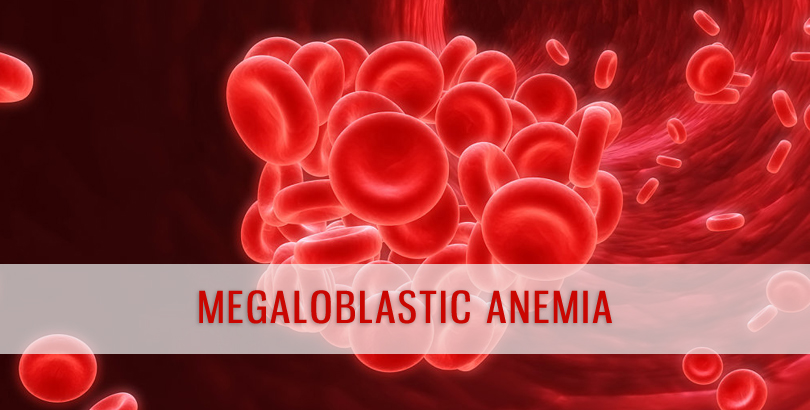Food poisoning is a group of symptoms caused by ingestion of food or water contaminated with bacteria/bacterial toxins, viruses or parasites. Food should be demonstrable source of the infection. In order to call it an outbreak, at least two people should be affected.
Causes Of Food Poisoning:
- The most common cause of food poisoning are green leafy vegetables not cleaned or cooked properly.
- The commonest cause of death by food poisoning is poultry, followed by milk and milk products.
Food poisoning can be divided into inflammatory and non inflammatory types.
- Non inflammatory type causes diarrhea without invading the intestinal wall. There is large volume watery diarrhea without any blood or severe abdominal pain. This type can cause profound dehydration. This type of diarrhea caused by organisms like Vibrio Cholerae, enterotoxins of E.Coli, Staphylococcus, Bacillus cereus etc.
- Inflammatory type causing diarrhea with invasion of intestinal wall. Enterotoxins invade and destroy the intestinal wall. There is blood, mucous and leucocytes in stool. Patient is febrile and toxic. Dehydration is not as common. This type of diarrhea is caused by Enterohemorrhagic and Enteroinvasive E.Coli, Campylobacter, Shigella, Salmonella etc.
Symptoms Of Food Poisoning:
- Abdominal pain: More severe in inflammatory type of food poisoning.
- Vomiting: More common in poisoning due to Bacillus Cereus, Staphylococcus, Norovirus
- Diarrhea
- Headache
- Stool changes: Bloody or mucoid if invasive/ inflammatory and rice water stools in Cholera or similar process.
- Reactive arthritis: seen with infection caused by Salmonella, Shigella, Campylobacter etc.
Diagnosis:
Clinical Signs
- In mild infection, subtle signs of dehydration such as reduced sweating, mild tachycardia, dry mouth may be seen.
- In more severe infection or with profuse diarrhea, obvious signs of dehydration such as tachycardia, orthostatic hypotension, reduced urine output etc are seen. In very severe cases, hypovolemic shock may be seen.
Laboratory Diagnosis:
- Routine blood tests include complete blood count, Serum BUN, Creatinine, Electrolytes.
- Stool for microscopy, Gram Staining and culture.
- Blood culture in high grade fever
- Cl.difficile assay to rule out antibiotic induced diarrhea.
- If stool examination is inconclusive, sigmoidoscopy and biopsy might be needed.
Treatment:
- The mainstay of management is correction of dehydration and electrolyte loss. In mild cases, this can be done at home with oral rehydration. In severe cases, hospitalization with IV fluids such as Ringer’s lactate and isotonic saline etc.
- Antidiarrheals medications
- Antibiotics such as ciprofloxacin, doxycycline etc. based on microbiology reports.

